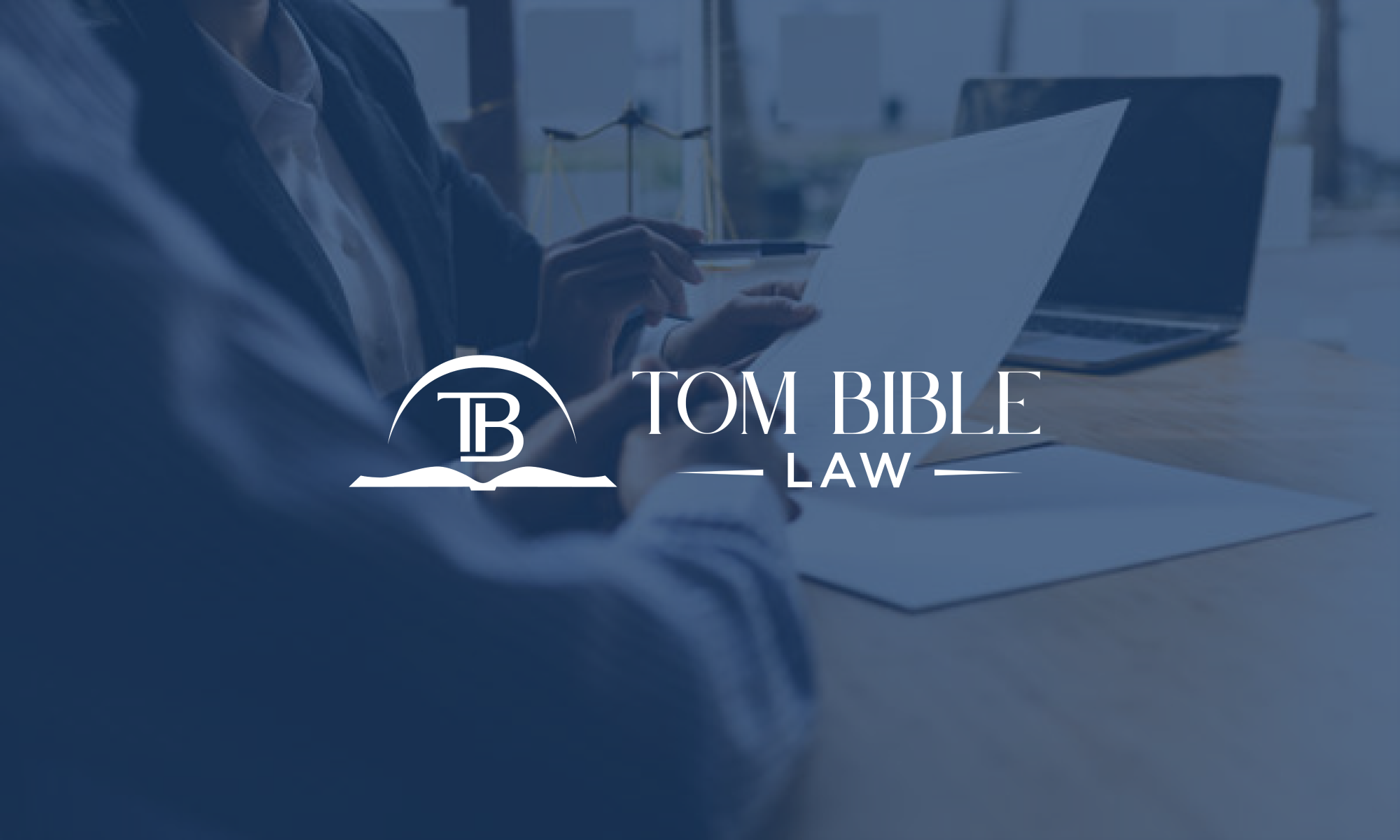Filing for bankruptcy can be a stressful and complex process, but understanding the tax implications can help you navigate this challenging time more effectively. Bankruptcy can impact your taxes in several ways, from handling discharged debts to filing your tax returns. Here’s what you need to know about the tax implications of bankruptcy.
Types of Bankruptcy
The two most common types of bankruptcy for individuals are Chapter 7 and Chapter 13.
- Chapter 7 Bankruptcy: Also known as liquidation bankruptcy, this involves the sale of non-exempt assets to pay off creditors. Any remaining eligible debt is discharged.
- Chapter 13 Bankruptcy: Known as reorganization bankruptcy, this allows individuals to keep their assets and repay debts over a three-to-five-year period according to a court-approved plan.
Discharged Debts and Taxable Income
One of the primary concerns with bankruptcy and taxes is how discharged debts are treated. Normally, when a debt is forgiven, the IRS considers the forgiven amount as taxable income. However, under bankruptcy, discharged debts are generally not considered taxable income. This can provide significant relief as you will not owe taxes on the amounts that were wiped out through bankruptcy proceedings.
Tax Attributes Reduction
When you file for bankruptcy, your tax attributes, such as net operating losses, capital losses, and the basis of property, may be reduced. This process is called tax attribute reduction, which helps offset the exclusion of discharged debt from taxable income. The reduction of tax attributes typically occurs after the bankruptcy discharge and can impact your future tax returns.
Tax Refunds
Tax refunds are considered assets in bankruptcy. In Chapter 7, a trustee might take your tax refund to pay creditors. In Chapter 13, your refund might need to be included in the repayment plan. It’s important to disclose any expected tax refunds to your bankruptcy attorney to ensure proper handling.
Filing Taxes During Bankruptcy
Your responsibility for filing taxes doesn’t end when you file for bankruptcy. Here’s how it works for different types of bankruptcy:
- Chapter 7: You must continue to file your individual tax returns. If a bankruptcy estate is created, the trustee may need to file a separate estate tax return (Form 1041).
- Chapter 13: You must continue to file and pay taxes as usual. Your repayment plan may also require you to stay current with your tax obligations.
Automatic Stay and Tax Collections
When you file for bankruptcy, an automatic stay goes into effect, halting most collection activities, including those by the IRS. This means that the IRS cannot pursue collection of tax debts while the automatic stay is in place. However, this doesn’t eliminate your tax debts, and certain taxes, such as recent income taxes, payroll taxes, and fraud penalties, may not be dischargeable in bankruptcy.
Non-Dischargeable Tax Debts
Not all tax debts are dischargeable in bankruptcy. Generally, the following taxes cannot be discharged:
- Recent income taxes (usually within the last three years)
- Payroll taxes
- Fraud penalties
- Taxes for unfiled tax returns
Understanding which tax debts can and cannot be discharged is crucial for planning your bankruptcy strategy.
Navigating the tax implications of bankruptcy requires careful consideration and professional guidance. Each bankruptcy case is unique, and tax laws are complex. Consulting with a bankruptcy attorney and a tax professional can help you understand your specific situation and ensure that you handle your taxes correctly during and after the bankruptcy process. By being informed and prepared, you can make the most of the financial fresh start that bankruptcy offers.
Contact Tom Bible Law Today!
Facing bankruptcy in Chattanooga? You don’t have to navigate it alone. Contact our Experienced Bankruptcy Lawyers today for a free consultation. We’ll guide you through every step, protecting your assets and ensuring a fresh financial start. Call us now to reclaim control of your financial future!


